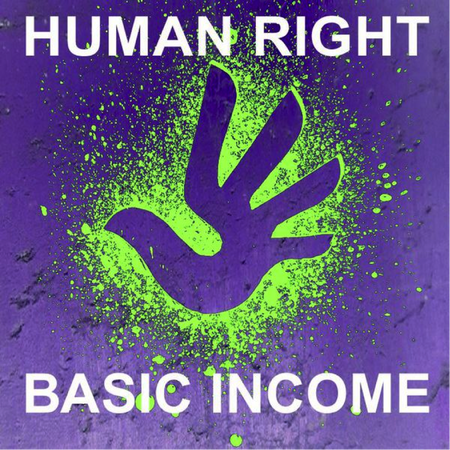Medium, June 9, 2016
LAST SUNDAY, Swiss voters defeated a ballot initiative that would have required their government to pay every Swiss citizen $2,500 a month, no questions asked. That electoral setback is far from a death knell for basic income in Europe, however. In Finland, the center-right government is testing a plan that could pay all Finns about $870 a month. In Britain, the Netherlands and elsewhere, politicians are discussing similar schemes, and popular interest is spreading.
But America isn’t Europe, and whatever the odds of basic income taking hold there, they’re a lot lower here. Most European countries already have generous welfare states, with no shame or stigma attached to them. There, basic income is viewed as a way to simplify, not expand, the existing welfare state. Cut out the bureaucrats and the qualifying tests, and just give everyone cash to use as they wish.
 The situation is quite different in the United States. Here, efforts over the years to build a welfare state have consistently been thwarted by America’s preference for individual self-reliance, distaste for government, and racism. The result is a safety net so stingy and hard to navigate that many who are eligible don’t even bother. To shift from that to a basic income for everyone would be an extraordinary leap, the mere thought of which pushes two potent American hot buttons: (1) fear that our work ethic will be undermined, and (2) dread that our taxes will soar.
The situation is quite different in the United States. Here, efforts over the years to build a welfare state have consistently been thwarted by America’s preference for individual self-reliance, distaste for government, and racism. The result is a safety net so stingy and hard to navigate that many who are eligible don’t even bother. To shift from that to a basic income for everyone would be an extraordinary leap, the mere thought of which pushes two potent American hot buttons: (1) fear that our work ethic will be undermined, and (2) dread that our taxes will soar.
The Hill, April 9, 2015
Between 1994 and 2014, the global price of oil tripled, yet U.S. oil burning barely budged. While higher prices reduced per capita consumption, they didn’t cut aggregate consumption. To do that we need to put a declining physical limit on carbon entering our economy.
PBS NewsHour, August 27, 2014
LEAVE ASIDE the fact that creating millions of new jobs in a globalized, automated economy is a lot harder than it sounds. The deeper difficulty with the jobs panacea is that crappy jobs won’t sustain a large middle class — and most of the jobs we’re creating these days fit that description.
www.dividendsforall.org, Sept. 9, 2014
Taxing the rich doesn’t boost the incomes of the middle class or the poor. A better solution is to pay everyone equal dividends from co-owned wealth, as Alaska does with its Permanent Fund.
YES! Magazine, February 12, 2012
The United States isn’t broke, as some Republican say; we’re a very wealthy and productive country. The problem is that our wealth and productivity gains flow disproportionately to the rich in the form of dividends, capital gains, rent and interest. If we want to remain a middle class nation, that needs to change.
Common Dreams.org, March 23, 2007
FOR YEARS we’ve heard the bad news about global warming. What we haven’t heard is the good news: we’ll earn an enormous cash windfall if we fight global warming the right way.
Self-distributed, 1986
WHEN the National Cooperative Bank was created by Congress in 1978, it was the object of some modest hopes. With offices thoughout the country, it would be a source of capital for new and sometimes risky cooperatives that were shunned by conventional lenders. A decade later, is a go-go…

 Free distribution with attribution
Free distribution with attribution